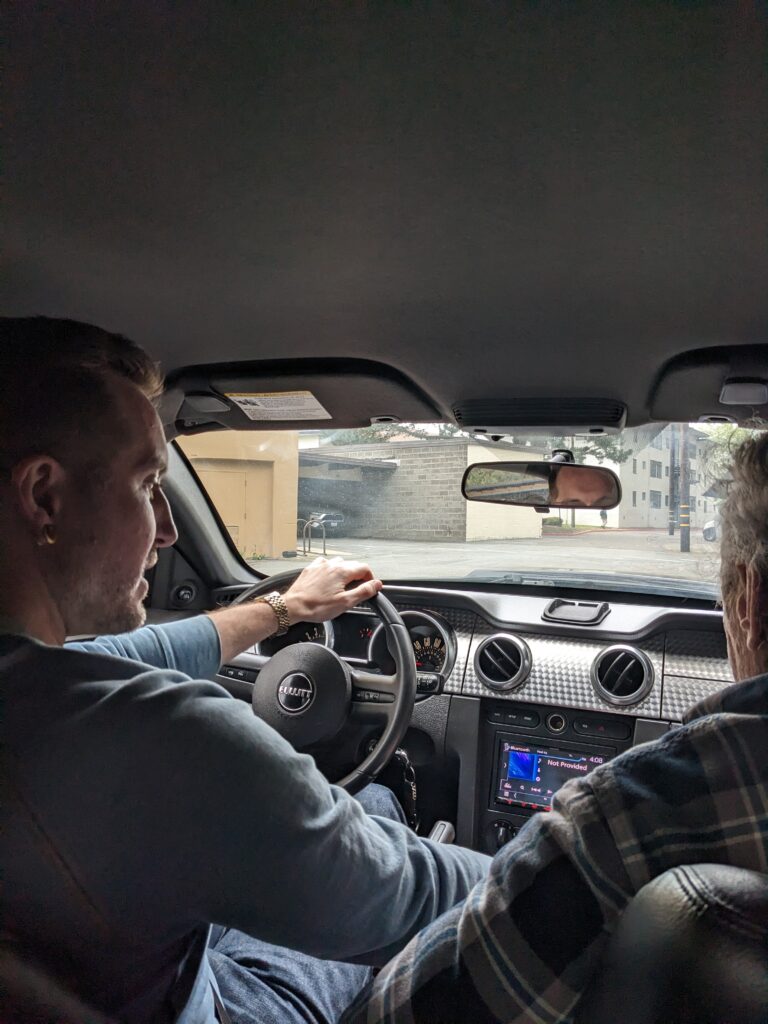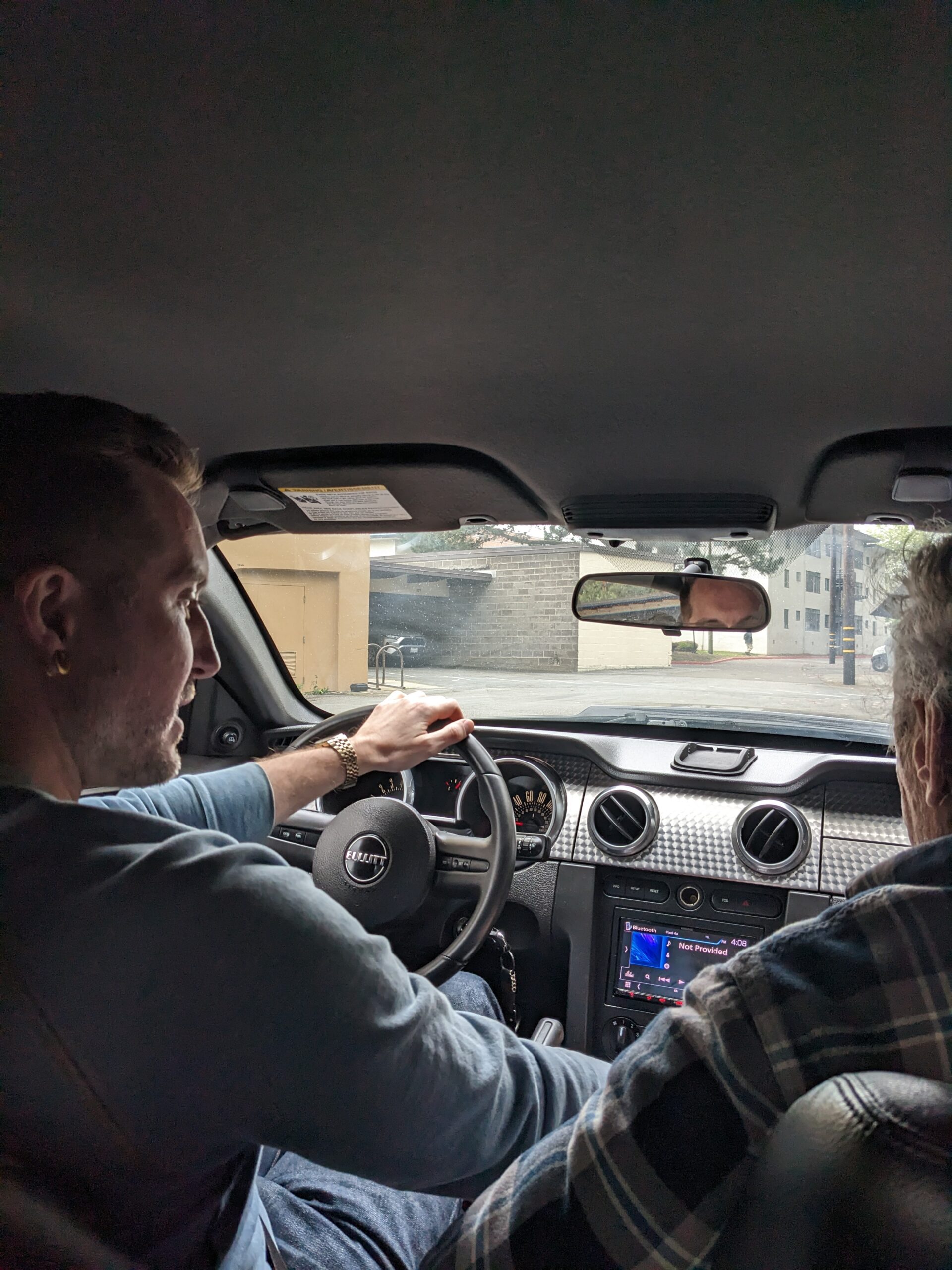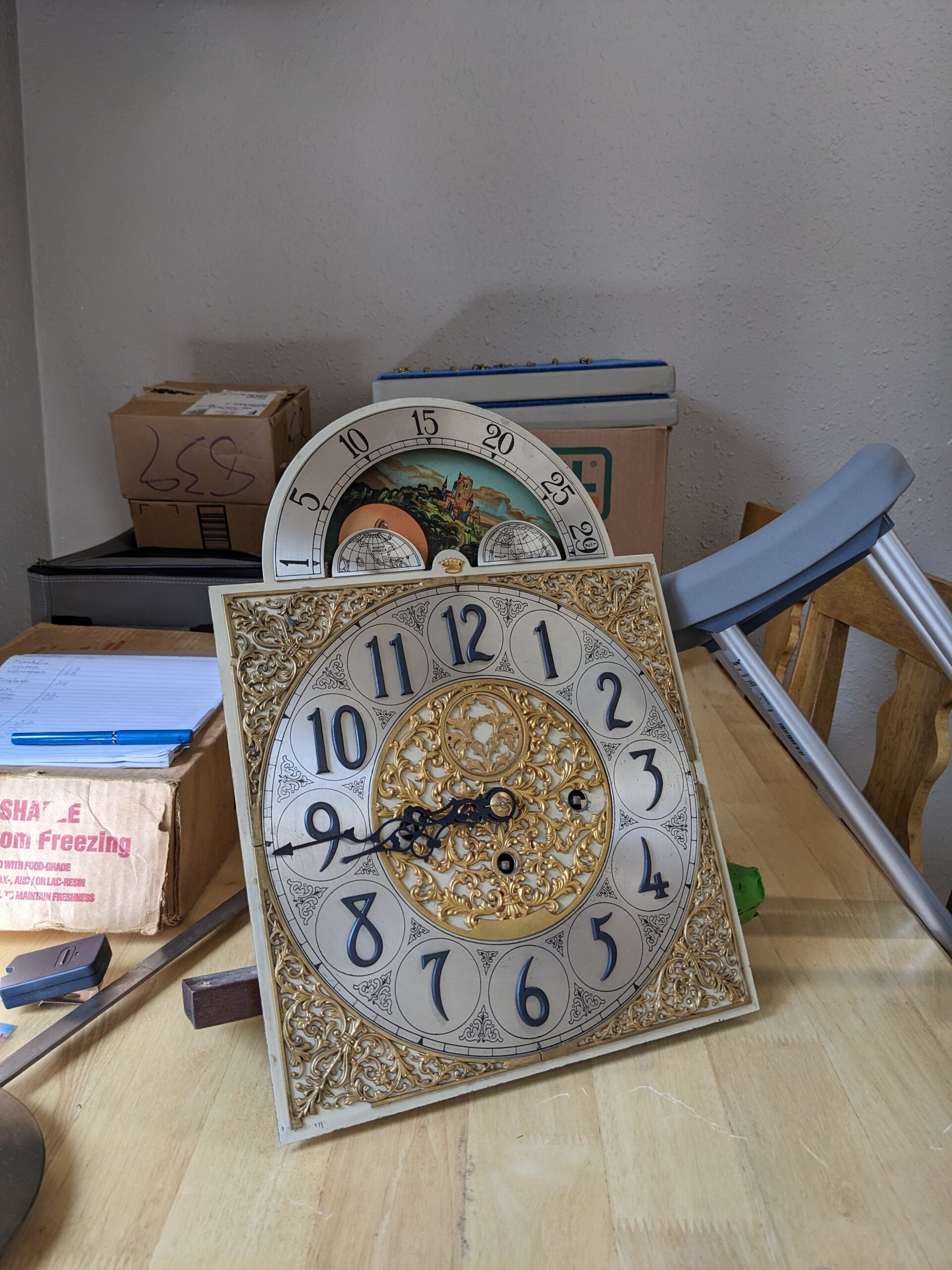
When I let Andy know all the hoops Brendan had jumped through in order to make the betting game work for him, I said, “Brendan loves you but you make it harder for anyone to want to go out of their way for you because you don’t thank them.”
In every relationship mistakes get made and feelings can be hurt.
It happens.
I learned from my mom, when she was a caregiver for her mom- my grandmother Nana- that part of the mutual respect in family caregiving was allowing the patient to be made aware of their mistakes and to be allowed to correct them.
In some situations involving dementia this may not be possible but in my situation it is an important part of maintaining a healthy relationship with each other.
I have often witnessed friends and family giving Andy a pass because of his disease, when he says or does something hurtful. Sometimes this is okay and even considerate, like when we are sharing a meal and Andy has a coughing or choking fit because of swallowing problems he has caused by Parkinson’s. I will already have informed them, “Andy aspirates food and drink because of his disease and coughing shows his reflexes ate protecting him from aspiration pneumonia.”
In this case it is totally appropriate to ignore the situation and Andy has no need to apologize for anything.
The mistakes I’m speaking of are more in the category of Andy taking the care he receives from me and the consideration he receives from others, for granted.
At the veterinarian office, there is only one chair and Andy immediately takes it.
After I’ve driven us both for two long days to visit his brother in Washington state, as we arrive Andy’s needs are primary. He is given a comfortable chair and some water and he says, “I am exhausted from the long trip.”
Our son, Brendan, went out of his way to create a football betting team with his dad, and many considerations were taken to make it work for Andy’s specific needs, but Andy never offered appreciation.
These are ALL examples of a patient losing their ability to think of others.
I tell Andy, “Please don’t automatically do these things. Let me know when you need to sit down and ask if it’s okay to take the only chair. Of course it is, but the assumption makes me feel like I’m not being thought of. He said he understood.
At his brother’s home I told him privately, “Driving 700 miles by myself is hard and it would feel really nice to have you say thanks.” That evening at dinner he whispered to everyone, “I am grateful Michelle has the stamina to do all that driving because this visit is wonderful.”
When I let Andy know all the hoops Brendan had jumped through in order to make the betting game work for him, I say, “Brendan loves you but you make it harder for anyone to want to go out of their way for you because you don’t thank them.”
Andy then made a Marco Polo video (the way he communicates with Brendan) expressing his appreciation.
Instead of giving a pass because there is sickness, consider giving the respect of accountability and the opportunity to correct a mistake. This empowers the patient.






Be the first to reply